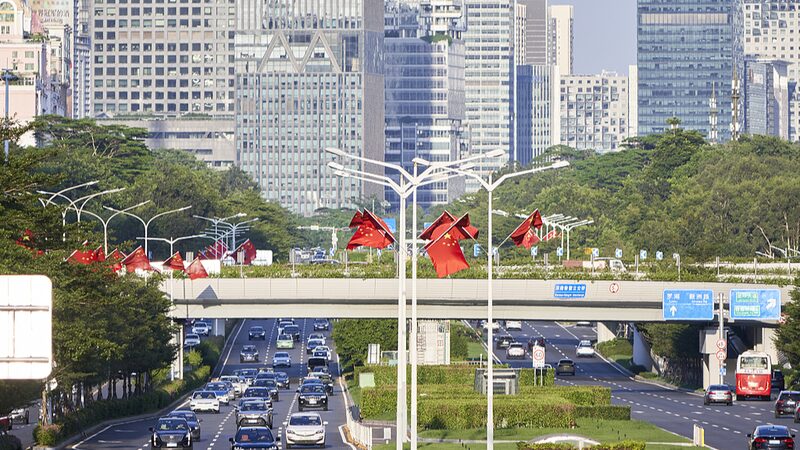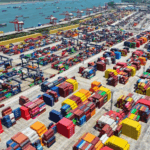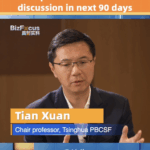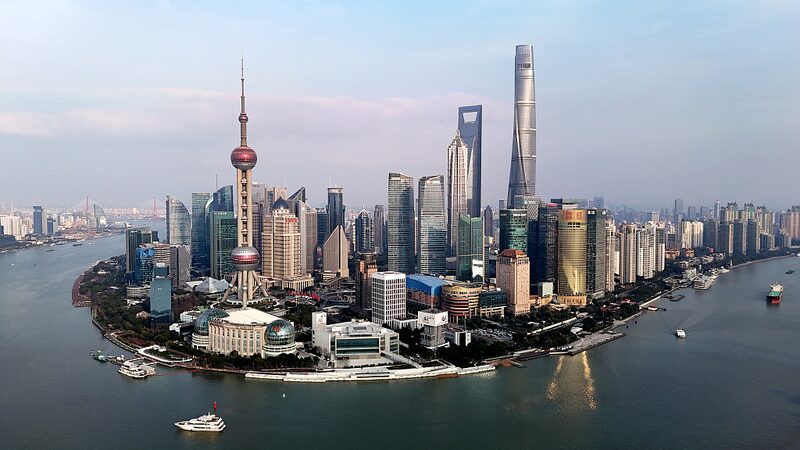China's economic recovery strategy took center stage at the 2025 Tsinghua PBCSF Global Finance Forum in Shenzhen, where experts outlined measures to navigate complex global challenges while sustaining domestic growth. The event, organized by Tsinghua University's PBC School of Finance, brought together nearly 100 international leaders to discuss financial reforms under the theme of building an 'open and inclusive' economic system.
The newly released China Financial Policy Report 2025 identified dual pressures: volatile international trade conditions, including shifting U.S. tariff policies, and domestic hurdles such as sluggish consumer demand and financial risk management. Wang Yiming of the China Center for International Economic Exchanges emphasized China's historical resilience, citing its recovery from the Asian Financial Crisis, while urging accelerated transition toward innovation-driven growth models.
Five key reform areas were highlighted to strengthen economic foundations:
- Maintaining stable monetary policies
- Optimizing capital allocation for emerging industries
- Enhancing financial risk controls
- Boosting domestic consumption mechanisms
- Expanding international cooperation frameworks
Hu Xiaolian, former head of the Export-Import Bank of China, projected a more diversified global monetary landscape but expressed confidence in Chinese enterprises' ability to adapt. "Our manufacturing ecosystem and digital infrastructure provide unique advantages in reshaping supply chains," she noted during Saturday's session.
The forum concluded with consensus on balancing short-term stabilization measures with long-term structural reforms, positioning China's economy for sustainable development amid geopolitical and technological transformations.
Reference(s):
cgtn.com








